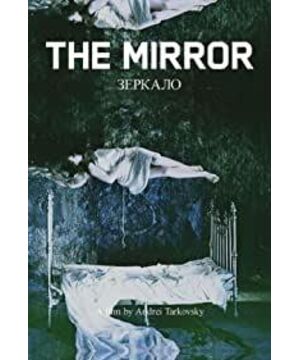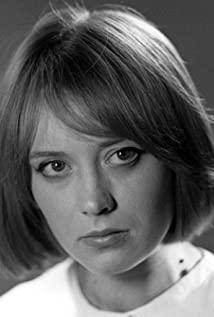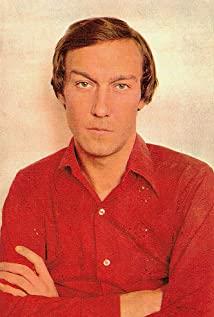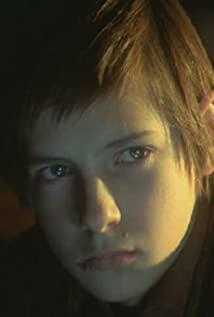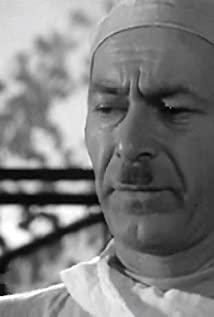Soviet films often have a very special interest, perhaps related to Slavic culture or artistic traditions handed down from Tsarist Russia, and can always bring people a completely different emotional experience.
The story itself is not complicated, it is a man's memories of his life, especially his mother. Just adding a whisper-like expression to the chaotic time-space narrative and the strong symbolic image expression makes the film full of old sorrow and childhood longing. Abstract images such as strong winds, raging fires, heavy rains, and snow; black and white and color settings; soul dialogues looking directly at the camera; surreal expressions. Many of the common elements of modernism really get rid of their own identity as "methods" and become one of the subjects that the image refers to.
In terms of conception, the director did not deliberately reveal any evaluation (if there is, it may be the other words of the doctor who asked for directions, which probably symbolizes the optimistic and assertiveness of the external society), but only shows the fragments of his own life. A familiar feeling has become an intercommunication language. Of course, there are no attics in the forest or fires in my memories, let alone wars, but I can find similar resonances in the film, just like memories are always like this. This can't help but start to look at the care of the past, but it may be too late. What happened, good or bad, can't be changed, all we can do is cheer, rejoice, and worry. The poetry in the film is reflected in this kind of melancholy, and it is solidified in the form of poems.
Going back to the name of the film, the mirror accompanies the characters throughout the film. When he was a child, the protagonist could still stand opposite the mirror, but when he became an adult, it became blurred. Sometimes there is a feeling of entering the mirror, which is probably the confusion between reality and memory. People always think that looking in a mirror can examine themselves, but in fact, all we can find in the end is a broken mirror. It cannot fully present us, we can only find our own alienation and deformation in the fragments. In this sense, the structure of the entire film is also like a broken mirror that cannot be reunited. All we can do is to release the sparrows in our hands and make peace with ourselves.
View more about Mirror reviews


